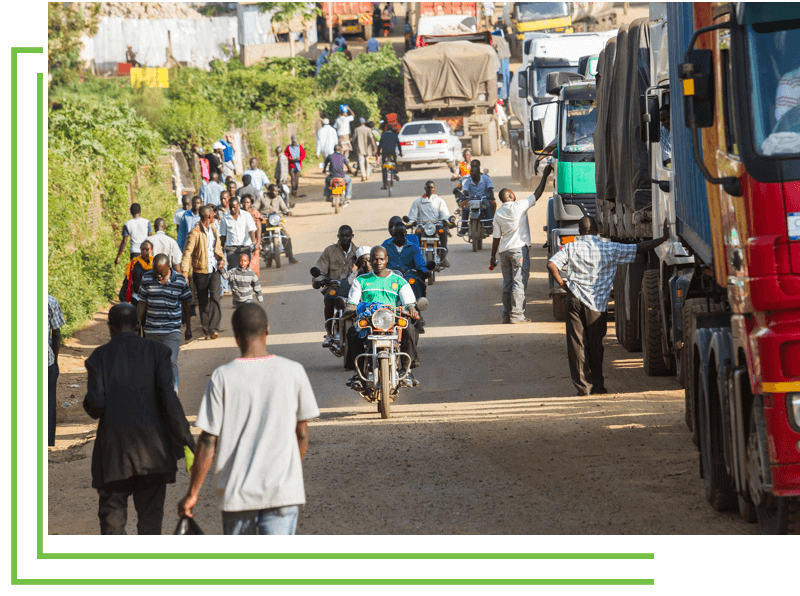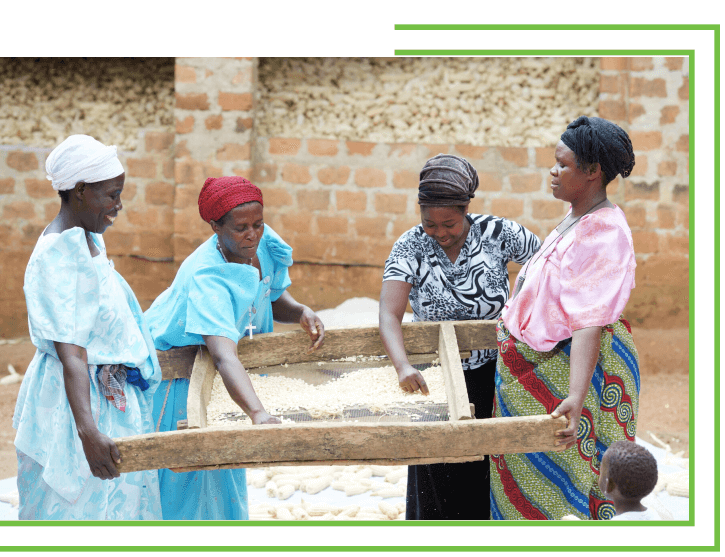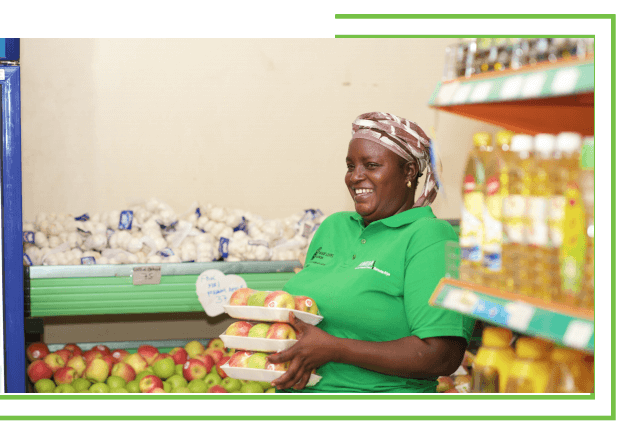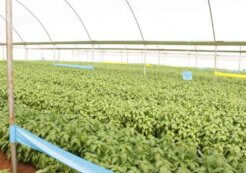Alarmed by potential decline of trade in Eastern Africa, and resulting jobs and export losses due to Covid-19, many governments in the region have mounted special efforts to keep trade safely running along the main transport corridors to ensure that: people access goods affordably; that markets are well supplied; that traders can still operate despite movement restrictions and loss of incomes. Eastern and Southern African governments have recognised an immediate need to mitigate the impacts of Covid-19 on trade for the good of the economy and their citizens. As a result, TMA has created a US$20 million Safe Trade Emergency Facility (STEF) to support governments to undertake critical measures along the transport and trade routes that will ensure trade continues safely while protecting livelihoods. Transport and trade routes are believed to be major infection conduits and present a significant threat to the entire region, disrupting health, the economy, and regional and national supply chains.
STEF components:
- Making the ports, borders and critical supply chains safe for trade;
- Ensuring food security and access to critically required medicines; and
- Supporting measures that reduce jobs losses and supports exports.
- Specific Interventions will range from apps for tracking truck drivers, to e-health passports for online certification of documents to safe trade zones… Download Safe Trade Brochure for detailed information
STEF programme reach: Burundi, Djibouti, DRC, Ethiopia, Kenya, Malawi, Rwanda, Somaliland, South Sudan, Tanzania, Uganda, and Zambia.
Spotlight on corridors: Northern and Central as well as selected corridors in Horn of Africa, Malawi and Zambia.
Funded by: Canada, Denmark, European Union, Finland, Netherlands, United Kingdom



















